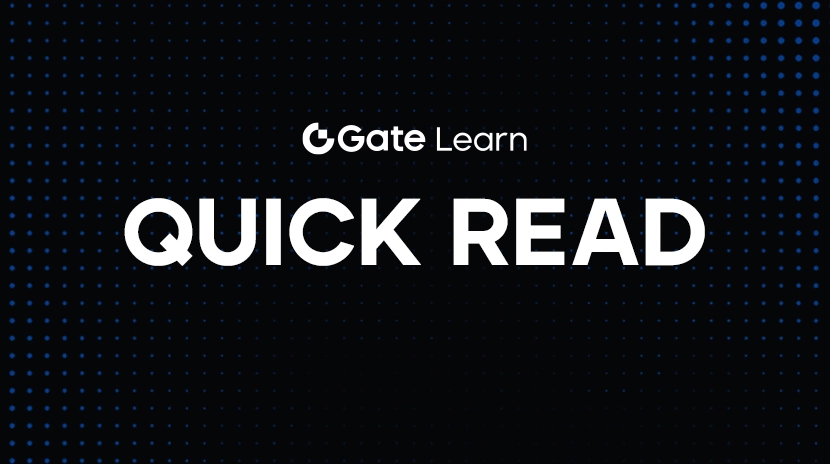Курс Solana: Последнее руководство по изучению, развитию и овладению навыками блокчейна

Image source: https://www.Gate.com/how-to-buy/solana-sol
Введение в Solana
Solana - одна из самых быстрорастущих сетей блокчейн, известная своей высокой пропускной способностью, низкими комиссиями и масштабируемостью. Поскольку растет спрос на децентрализованные приложения (dApps) и решения Web3, разработчики и энтузиасты блокчейн с нетерпением ждут возможности овладеть Solana. Этот руководство предоставляет глубокий план обучения Solana, охватывая лучшие курсы, практические ресурсы и экспертные советы.
Понимание архитектуры Solana и уникальных особенностей
Solana предназначена для предоставления быстрых и масштабируемых блокчейн-решений с использованием уникального механизма консенсуса под названием Proof of History (PoH). В отличие от традиционных блокчейнов, которые обрабатывают транзакции последовательно, PoH обеспечивает параллельную проверку транзакций, значительно повышая скорость и эффективность. Это делает Solana привлекательным выбором для разработчиков, желающих создавать масштабируемые децентрализованные приложения и платформы DeFi.
Роль Solana в экосистеме блокчейна
Solana получила значительное признание в крипто-сфере, обеспечивая различные протоколы DeFi, маркетплейсы NFT и приложения Web3. Ее экосистема продолжает расширяться, разработчики используют ее недорогостоящую и высокопроизводительную инфраструктуру для создания инновационных решений в области блокчейна.
Лучшие курсы Solana для начинающих
Если вы новичок в Solana, запись на структурированный курс может ускорить ваш кривая обучения. Вот некоторые из лучших курсов для начинающих:
Обзор курса “Введение в Solana” от Gate.com
Gate.com предлагает Введение в Solanaкурс, который охватывает основы блокчейна, принцип работы транзакций и способы взаимодействия с сетью Solana. Это отличная отправная точка для всех, кто интересуется разработкой на Solana.
Изучение официальных курсов разработки Solana
Официальный веб-сайт Solana предоставляеткурсы разработчиковкоторые предназначены как для начинающих, так и для опытных программистов. Эти курсы знакомят учащихся с разработкой смарт-контрактов с использованием Rust и Anchor, двух основных инструментов программирования для разработчиков Solana.
Курсы Udemy: “Solana Блокчейн Разработчик Буткемп”
Udemyпредлагает несколько курсов Solana, таких как Solana Blockchain Developer Bootcamp, который охватывает разработку смарт-контрактов и создание dApp с использованием JavaScript и Rust.
Ресурсы для практического обучения
Практический опыт крайне важен при изучении разработки блокчейна. Вот некоторые ресурсы, которые помогут вам получить практический опыт работы с Solana:
Построение проектов с руководствами разработчиков Solana
Solana предоставляет обширные документация разработчика, включая руководства по настройке сред разработки, написанию смарт-контрактов и развертыванию dApps.
Участие в программе "60 дней Solana"
Программа 60 дней Solana от RareSkills - это интенсивное учебное испытание, разработанное для помощи разработчикам приобрести глубокие знания о Solana за два месяца. Это идеальный вариант для тех, кто предпочитает структурированное обучение на основе проектов.
Использование Solana Stack Exchange для поддержки сообщества
У Соланы активное сообщество разработчиков на Solana Stack Exchange, где вы можете задавать вопросы, устранять ошибки и общаться с опытными разработчиками.
Видеоуроки и интенсивы
Для визуальных обучающихся видеоуроки и интенсивы могут быть невероятно полезными:
“Полное руководство по разработке полного стека Solana (2024)” на YouTube
YouTube хостит бесплатный контент высокого качества, например, Полное руководство по разработке полноценного стека Solana, что включает в себя все, начиная от настройки кошелька Solana, и заканчивая созданием dApps.
Сессии Solana Developer Bootcamp
Фонд Solana часто организует интенсивные курсы для разработчиков, в рамках которых проводятся структурированные сессии под руководством наставников для начинающих разработчиков.
Разработка с Solana: Инструменты и Фреймворки
Для эффективной разработки на Solana вам понадобятся правильные инструменты и фреймворки:
Введение в Anchor Framework для разработки смарт-контрактов
ЯкорьЭто наиболее широко используемая платформа для разработки умных контрактов на Solana. Она упрощает процесс написания и развертывания умных контрактов, что делает его проще для разработчиков строить децентрализованные приложения.
Использование площадки Solana для быстрого прототипирования
Solana Playground позволяет разработчикам писать, тестировать и развертывать умные контракты Solana непосредственно из веб-браузера. Это отличный инструмент для экспериментирования с новыми идеями перед их развертыванием на основной сети.
Расширенные темы и специализации
Как только у вас будет крепкое основание, вы сможете изучать продвинутые темы развития Solana:
Создание токенов и NFT на Solana
Solana поддерживает создание пользовательских токенов и NFT с использованием стандарта Metaplex. Разработчики могут использовать Программа токенов SolanaиMetaplexсоздавать и управлять цифровыми активами.
Построение децентрализованных приложений (dApps)
Изучение того, как создавать полностековые dApps на Solana, позволит вам создавать платформы децентрализованных финансов (DeFi), игровые приложения и маркетплейсы NFT. Фреймворки типа Next.js и React часто используются наряду со смарт-контрактами Solana для создания удобных для пользователя блокчейн-приложений.
Понимание лучших практик безопасности Solana
Безопасность является ключевым аспектом развития блокчейна. Разработчики должны учитьсяЛучшие практики безопасности Solanaчтобы предотвратить распространенные уязвимости, такие как атаки повторного входа и проблемы повтора транзакций.
Сообщество и поддержка
Присоединение к сообществу Solana может предоставить возможности для долгосрочного обучения и сетевого взаимодействия:
Присоединяйтесь к сообществу разработчиков Solana и форумам
У Solana активное сообщество разработчиков на Discord, где разработчики могут сотрудничать, обмениваться идеями и получать техническую поддержку.
Участие в хакатонах и мероприятиях Solana
Хакатоны - отличный способ проверить свои навыки. Solana часто проводит глобальные хакатоны, где разработчики могут соревноваться за призы, создавая инновационные проекты.
Заключение и следующие шаги
Изучение Solana через курсы Solana - это вознаграждающее путешествие, открывающее множество возможностей в развитии блокчейна. Независимо от того, являетесь ли вы новичком или опытным разработчиком, вышеупомянутые ресурсы и курсы помогут вам построить прочный фундамент.
Установка учебных целей и создание учебного плана
Чтобы оставаться на правильном пути, установите четкие учебные цели и создайте учебный план, который включает структурированные курсы, практические проекты и участие в обсуждениях сообщества.
Продолжение образования через текущие проекты и вклады
По мере накопления опыта рассмотрите возможность внесения вклада в проекты с открытым исходным кодом, участие в мероприятиях Solana и создание собственных dApps. Чем больше практического опыта вы получаете, тем более компетентным становитесь в разработке на Solana.
Похожие статьи
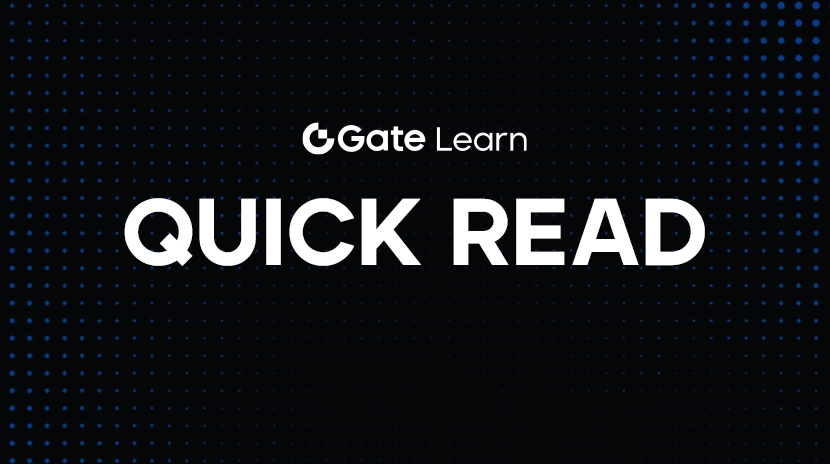
Как переводить средства с Binance безопасно и эффективно
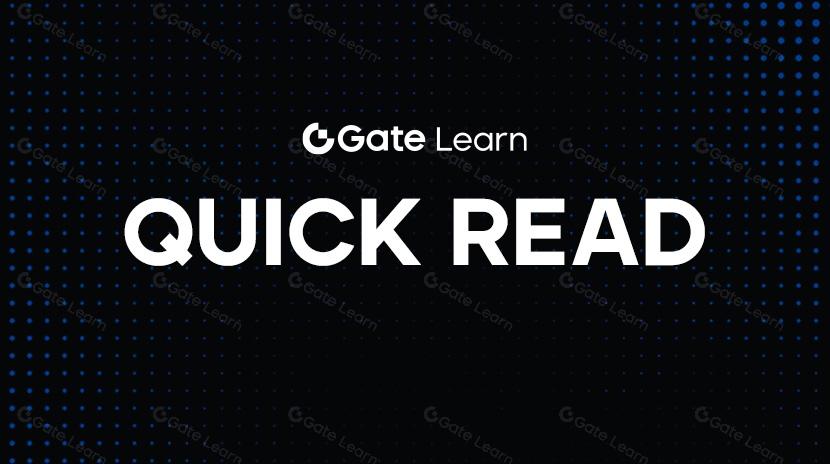
Понимание токена TRUMP в одной статье: Комплексный анализ токена $TRUMP
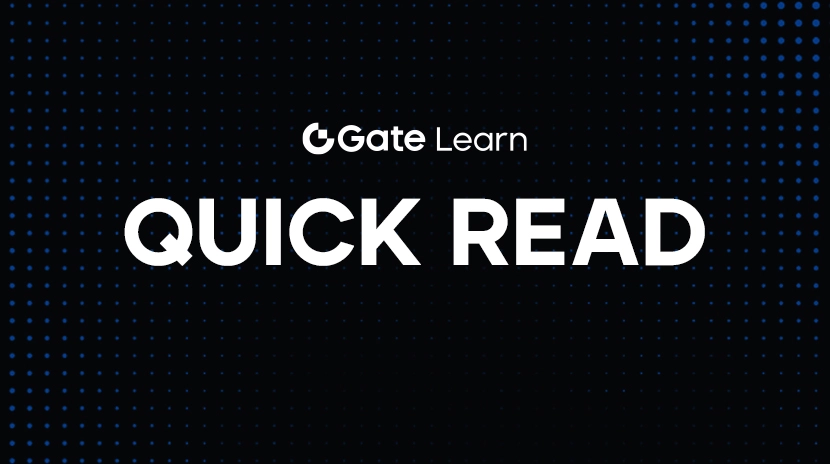
Как отследить транзакцию USDT BEP20?
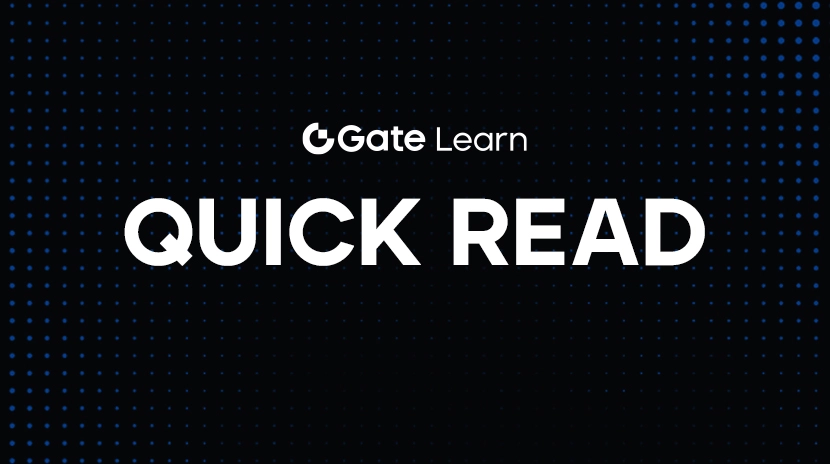
Сколько времени займет добыча 1 биткойна в 2025 году? Подробное руководство
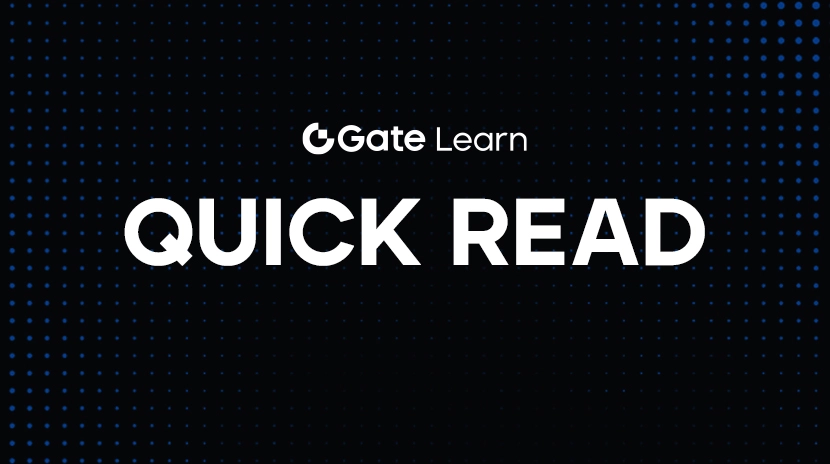
Что такое MELANIA: мем-монета на миллиард долларов, запущенная первой леди США
